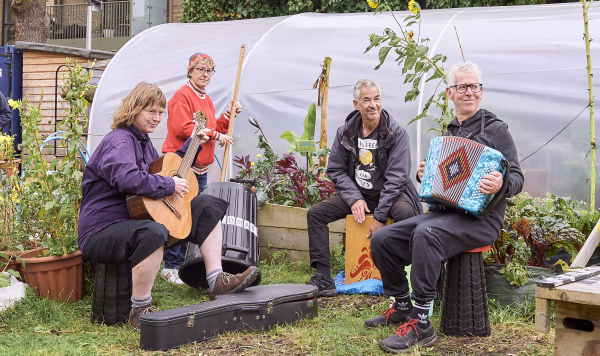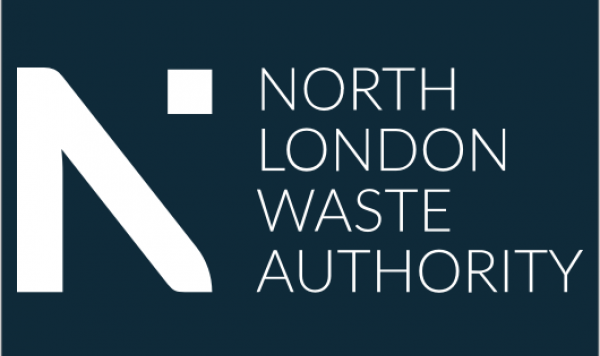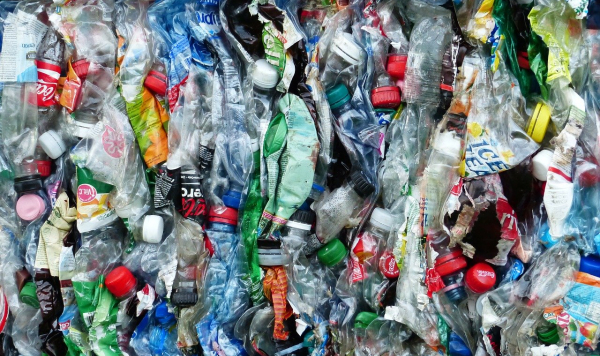NLWA is pleased that following numerous calls from the waste and health industries, the government’s ban on disposable vapes will come into effect on 1 June 2025.
As well as having a positive public health impact by limiting the availability of vapes, particularly to young people, this ban will also help to reduce a large waste stream that is extremely hard to manage. Single-use vapes are a highly unsustainable product, being made with precious virgin metals and presenting a major fire risk due to their frequent disposal in residual waste. Around five million vapes are thrown away in the UK every week, containing poisonous chemicals and dangerous substances that can end up in soils, rivers and streams and be ingested by animals. Over a year, the lithium batteries inside could instead power 5,000 electric vehicles.
While the ban is therefore undoubtedly a positive step, NLWA is wary that that its success will be dependent on effective implementation and enforcement of the legislation. We are concerned that without correct monitoring, producers will find loopholes; for example by selling products that are reusable in name only, sold at low cost and effectively treated as disposable products.
NLWA Chair Councillor Clyde Loakes said of the ban: “The NLWA has been at the forefront of calling for the ban of increasingly popular single-use vapes, which have seen a huge new waste stream created for local authorities, as well as threatened the health and wellbeing in particular of our young people. We’re glad the government has recognised these issues and we welcome the upcoming ban. It is now the government’s responsibility to ensure the ban is enforced effectively and rigorously, to completely stamp out this wasteful and harmful item.”
NLWA hopes that the ban on disposable vapes will encourage the government to turn its attention to other problematic single-use products and reduce their environmental impacts. For example, NLWA has long called for a charge on disposable coffee cups, with 2.5 billion being thrown away in the UK each year and unable to be recycled.





